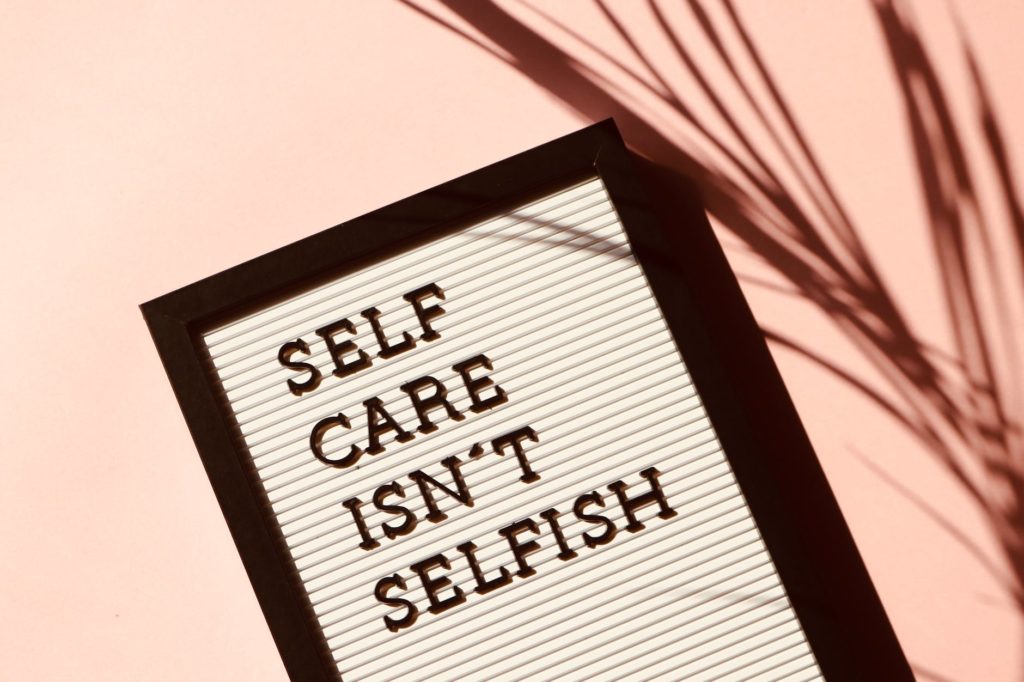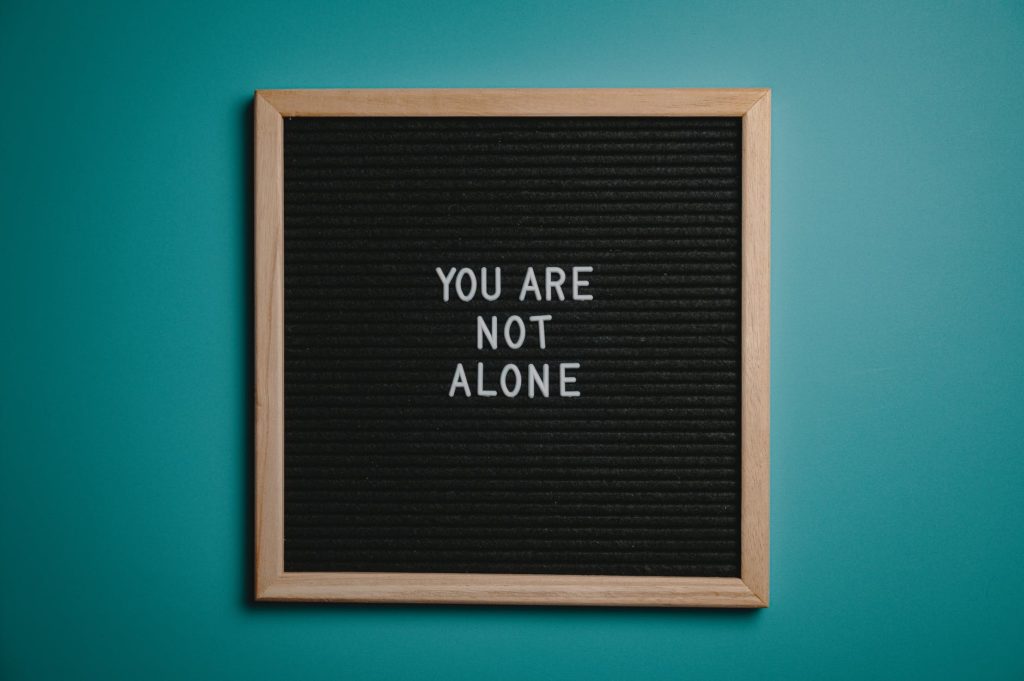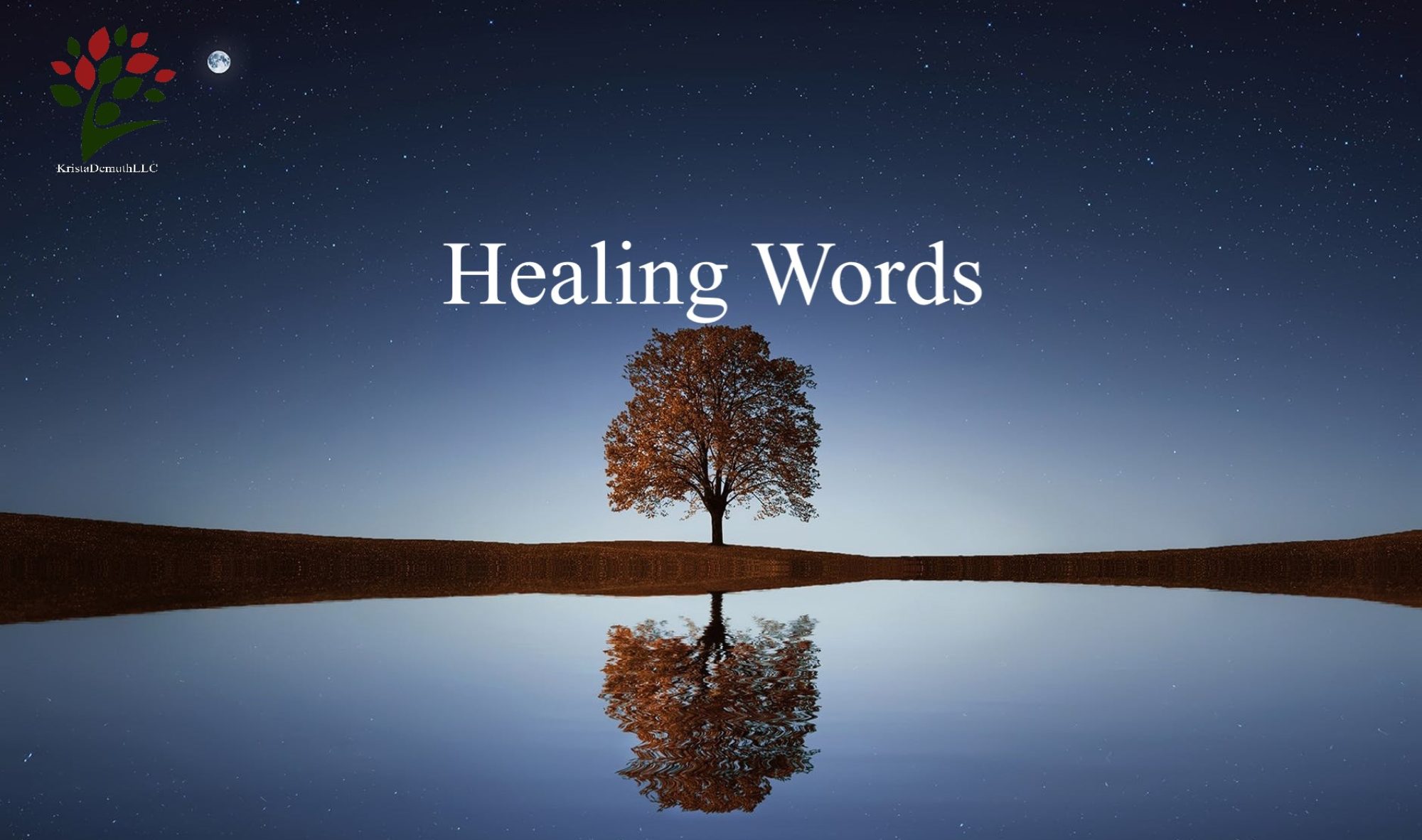
If you read my last blog post, I discussed the toll of COVID-19 on healthcare workers. I also discussed ways to support the healthcare worker in your life. Right now, burnout and compassion fatigue are at an all-time high for those in the helping profession. It’s very important to understand what these two things are in order to best combat them.
Both burnout and compassion fatigue can happen to individuals in helping professions. Both include emotional exhaustion, reduce satisfaction with work, isolation from others, mental exhaustion, and physical exhaustion. Compassion fatigue can happen rapidly while burnout tends to occur over time Without question, both are incredibly detrimental to helping professionals.
| Signs of Burnout | Signs of Compassion Fatigue |
| Feeling tired most of the time | Fatigue |
| Headaches, muscle pain | Headaches |
| Changes in appetite or sleep | Nightmares |
| Sense of failure | Sadness and grief |
| Helplessness | Avoiding work |
| Feeling alone | Detachment from others |
| Lack of motivation | Feelings of contempt |
| Using food, drugs, or alcohol to cope | Changes in beliefs |
| Withdrawal and social isolation | Poor self-care |
| Frustration | Anger, Irritability |
| Difficulty finishing tasks | Difficulty Concentrating |
| Thoughts of suicide | Poor job satisfaction |
The good news is both burnout and compassion fatigue can be treated. Now, more than ever, it’s important to recognize these symptoms in yourself or in your loved ones and seek help. Both can cause serious damage to physical and mental health.

One of the best ways to treat both burnout and compassion fatigue is through connection with others. Seek a therapist, friend, or family member. Reach out and talk to someone. Also, avoid negative people or those that are constantly looking to you for support. If you, or a loved one, is struggling with either burnout or compassion fatigue, you do need to limit your exposure to negative individuals outside of work. Setting boundaries and learning to say no will help tremendously.

Another way to treat both is to re-evaluate your own self-care. Limit your time on technology, foster creativity, journal, practice gratitude, exercise, try to improve your sleep, and get moving, and show yourself compassion. If you find you are using food or alcohol to cope, consider creating a healthier eating plan or reducing your alcohol consumption.
Helping professionals are struggling right now. COVID 19 is taking a huge physical and mental toll on these individuals. If you are in the helping profession, please take a moment to review the above symptoms. If you’re experiencing either compassion fatigue or burnout, please reach out to someone for help. If you have a helping professional in your life, reach out to them and offer as much support as you can. We are all in this together.

To Health, Hope, and Healing
Krista

Hello there! This is my 1st comment here so I just wanted to give a quick shout out and say I really enjoy reading your blog posts. Can you suggest any other blogs/websites/forums that go over the same subjects? Many thanks!
whoah this blog is wonderful i love reading your posts. Keep up the great work! You know, lots of people are searching around for this information, you could aid them greatly.
Write more, thats all I have to say. Literally, it seems as though you relied on the video to make your point. You clearly know what youre talking about, why throw away your intelligence on just posting videos to your site when you could be giving us something enlightening to read?